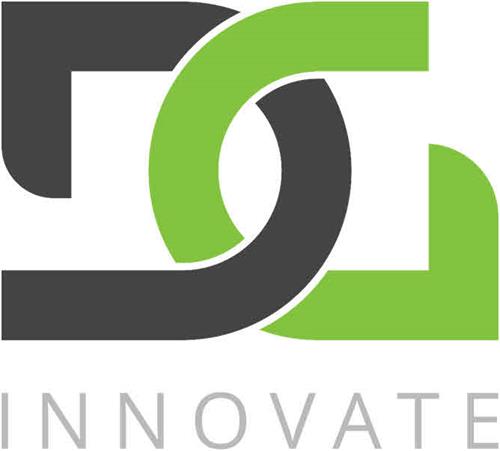Sodium-ion batteries are emerging as a promising alternative to the widely used lithium-ion batteries, which power everything from consumer electronics to electric vehicles. As the world shifts towards more electrified solutions, the demand for new battery technologies grows, and sodium-ion technology has started to garner significant attention.
Though sodium-ion batteries share a similar structure with their lithium-ion counterparts, they differ in key components. Instead of lithium, these batteries use sodium ions in the cathode, and sodium salts replace lithium salts in the electrolyte. This shift makes sodium-ion batteries a cost-effective option, as the materials required are generally cheaper and more abundant than those used in lithium-ion batteries.
Sodium-ion technology is not new; it has been around for decades but was overshadowed by lithium-ion batteries due to the latter’s superior energy density. However, with growing interest in alternatives, sodium-ion batteries are now being revisited by major players in the industry. For instance, Contemporary Amperex Technology Co. Limited (CATL), the world’s largest electric vehicle (EV) battery maker, has made significant investments in sodium-ion technology, working towards establishing a supply chain for it.
Although sodium-ion batteries cannot match the range of lithium-ion batteries in electric vehicles, they offer several advantages, such as lower cost and enhanced safety. James Quinn, CEO of Faradion, a UK-based sodium-ion battery manufacturer, highlighted that sodium-ion batteries do not require expensive raw materials like cobalt, copper, or graphite, which are often controlled by China. He also pointed out that sodium-ion batteries are safer, as they can be fully discharged during transportation without risk of damage.
Companies like Natron Energy in Silicon Valley are also advancing sodium-ion battery technology, with clients such as United Airlines and Chevron. Natron’s batteries are being used to power EV charging stations, where they help manage the heavy power load that occurs when multiple vehicles charge simultaneously. The use of large stationary batteries at these stations ensures a stable energy supply, benefiting both operators and the grid.
Sodium-ion batteries present a promising future for a range of applications, from electric vehicles to renewable energy storage, offering a more affordable and safer alternative to lithium-ion technology. With continued investment and development, these batteries could play a crucial role in the global transition to cleaner, more sustainable energy solutions.
DG Innovate plc (LON:DGI) is an advanced research and development company pioneering sustainable and environmentally considerate improvements to electric mobility and storage, using abundant materials and the best engineering and scientific practices. Deregallera is a subsidiary of DG Innovate.


